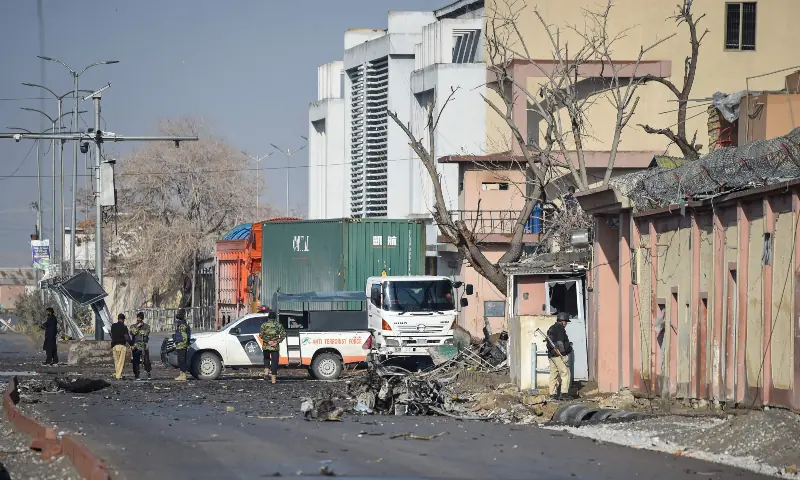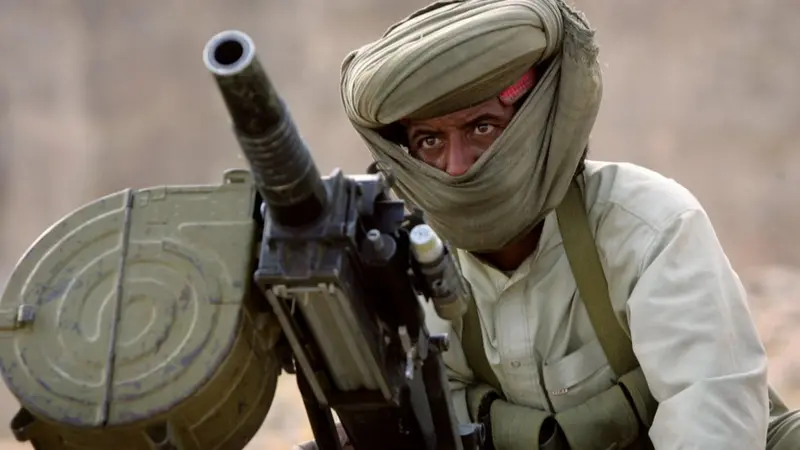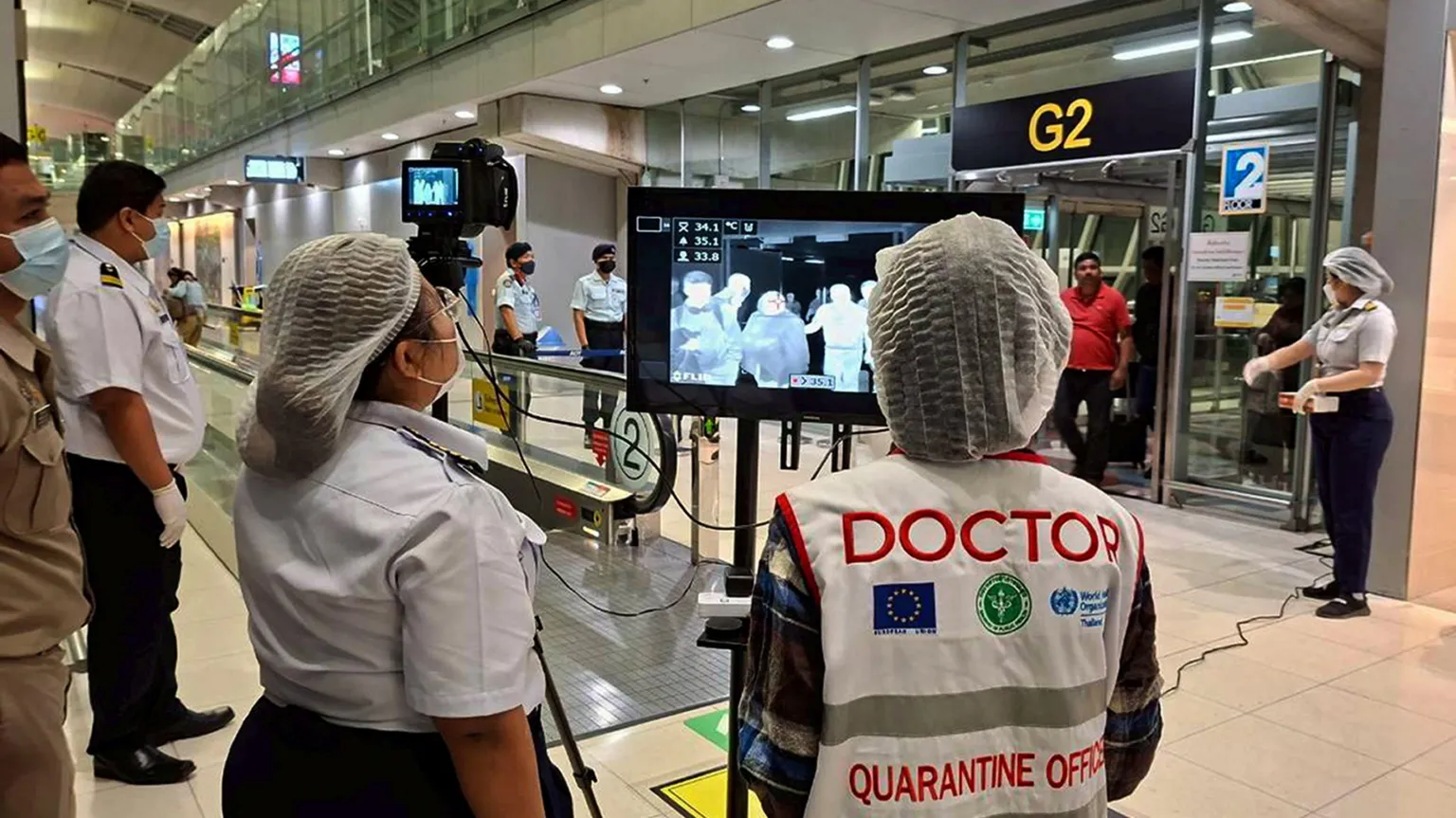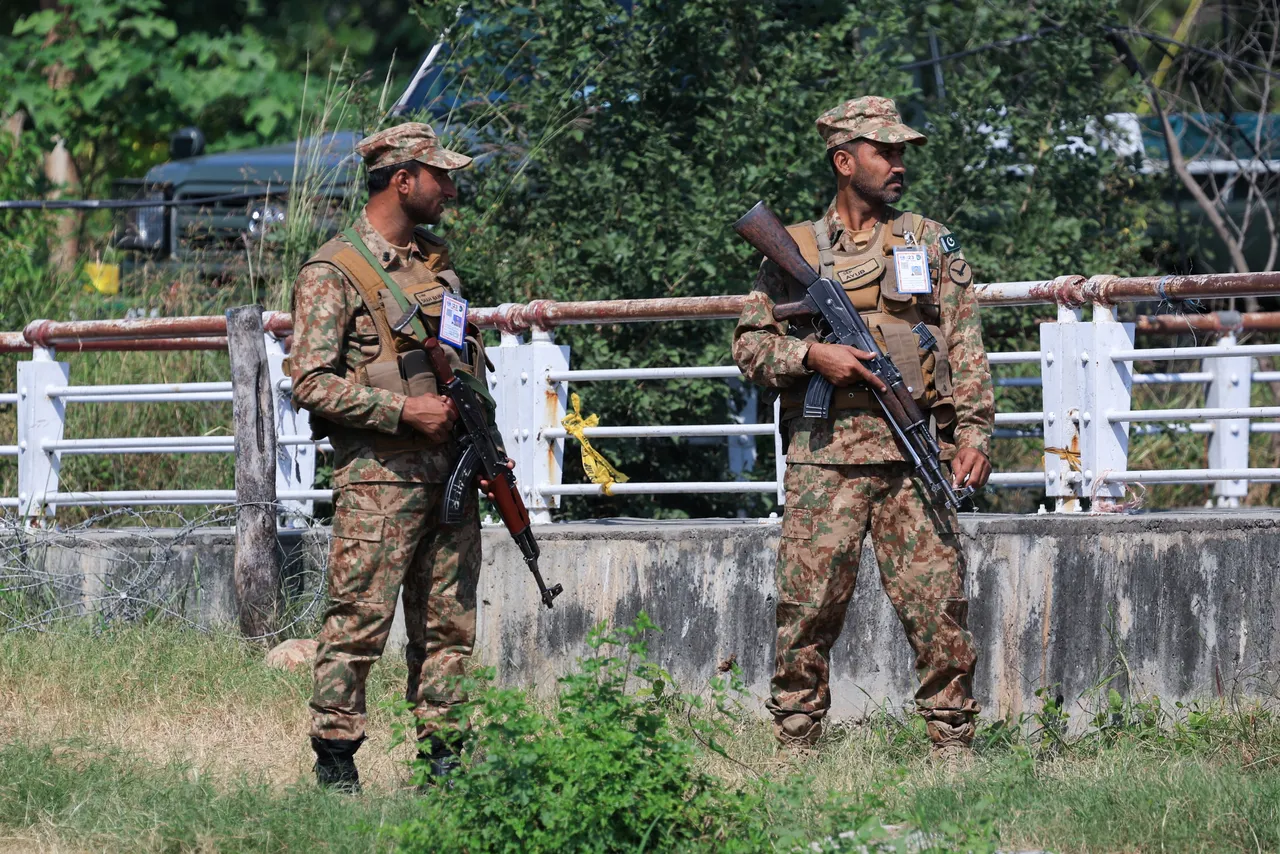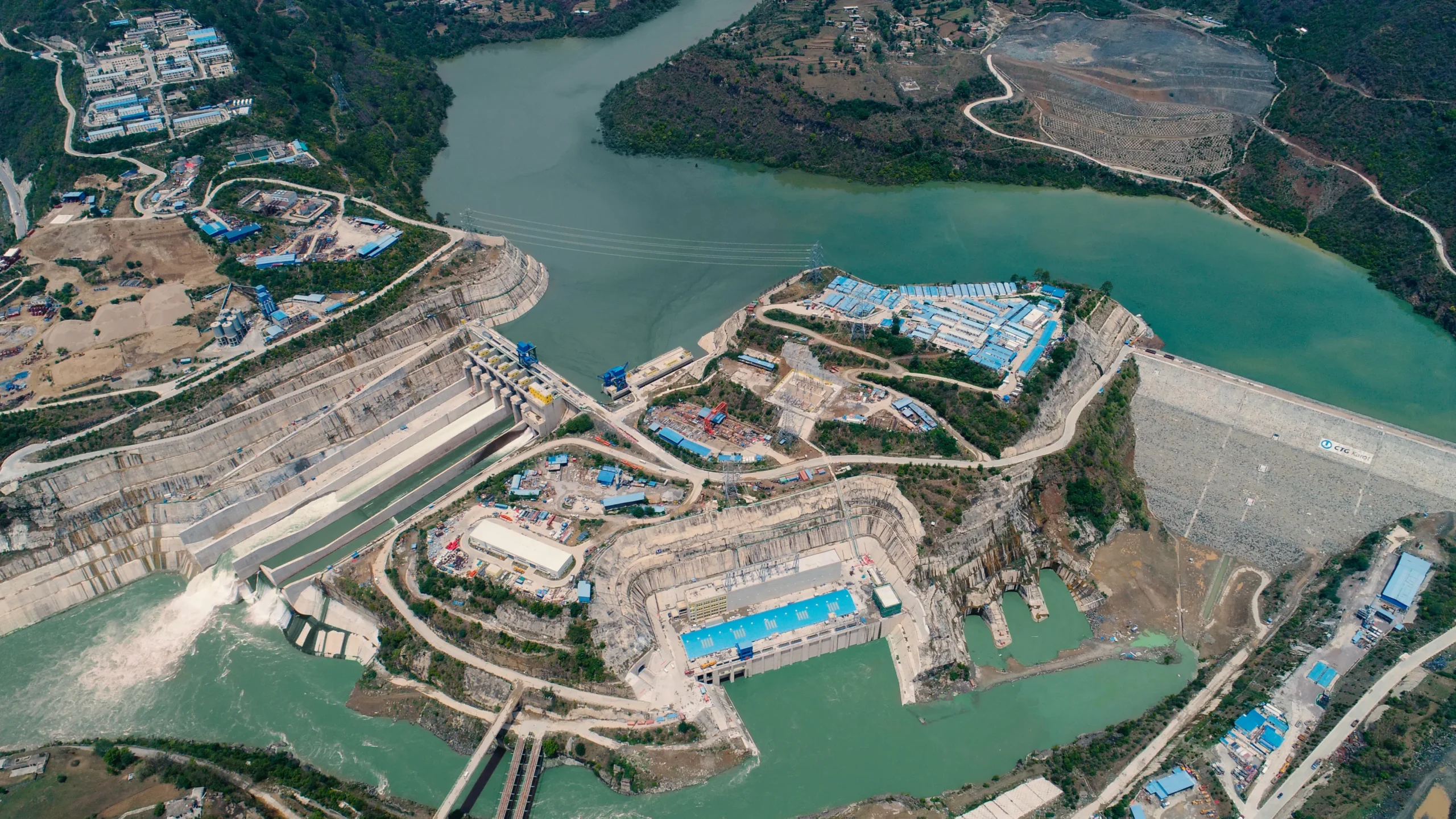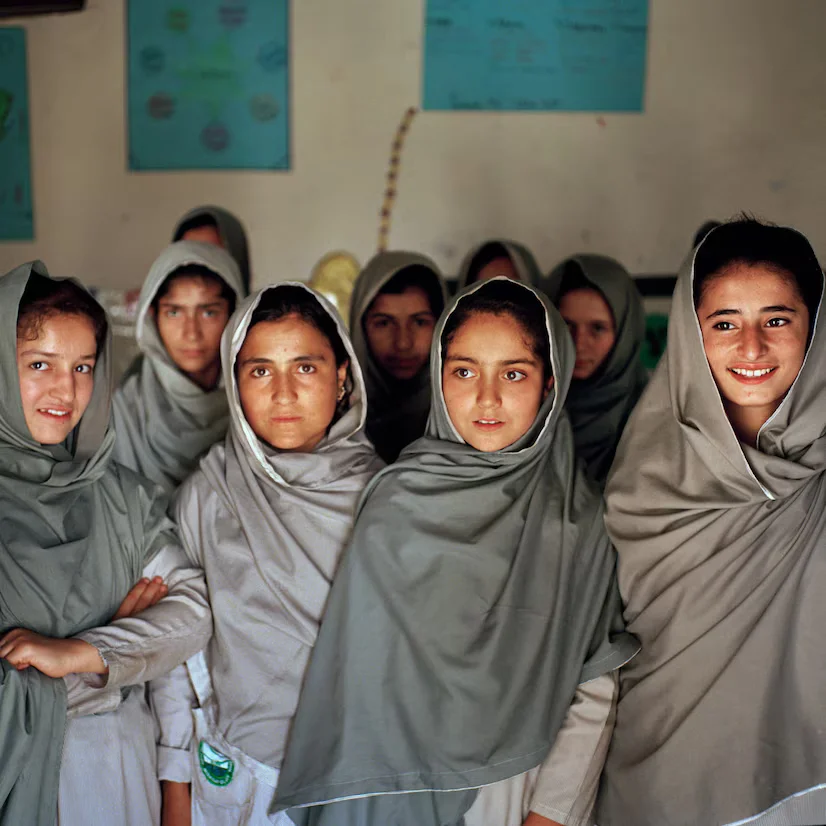
The Indo-Israel Nexus and Proxy Insurgency: Challenges to Pakistan’s Stability in Balochistan
Israel and India’s active support for Baloch militias confirms Pakistan’s long-standing concerns about foreign interference. Through proxy insurgency and narrative campaigns, external actors seek to destabilize Balochistan, undermine Pakistan’s internal security, and disrupt regional connectivity.


